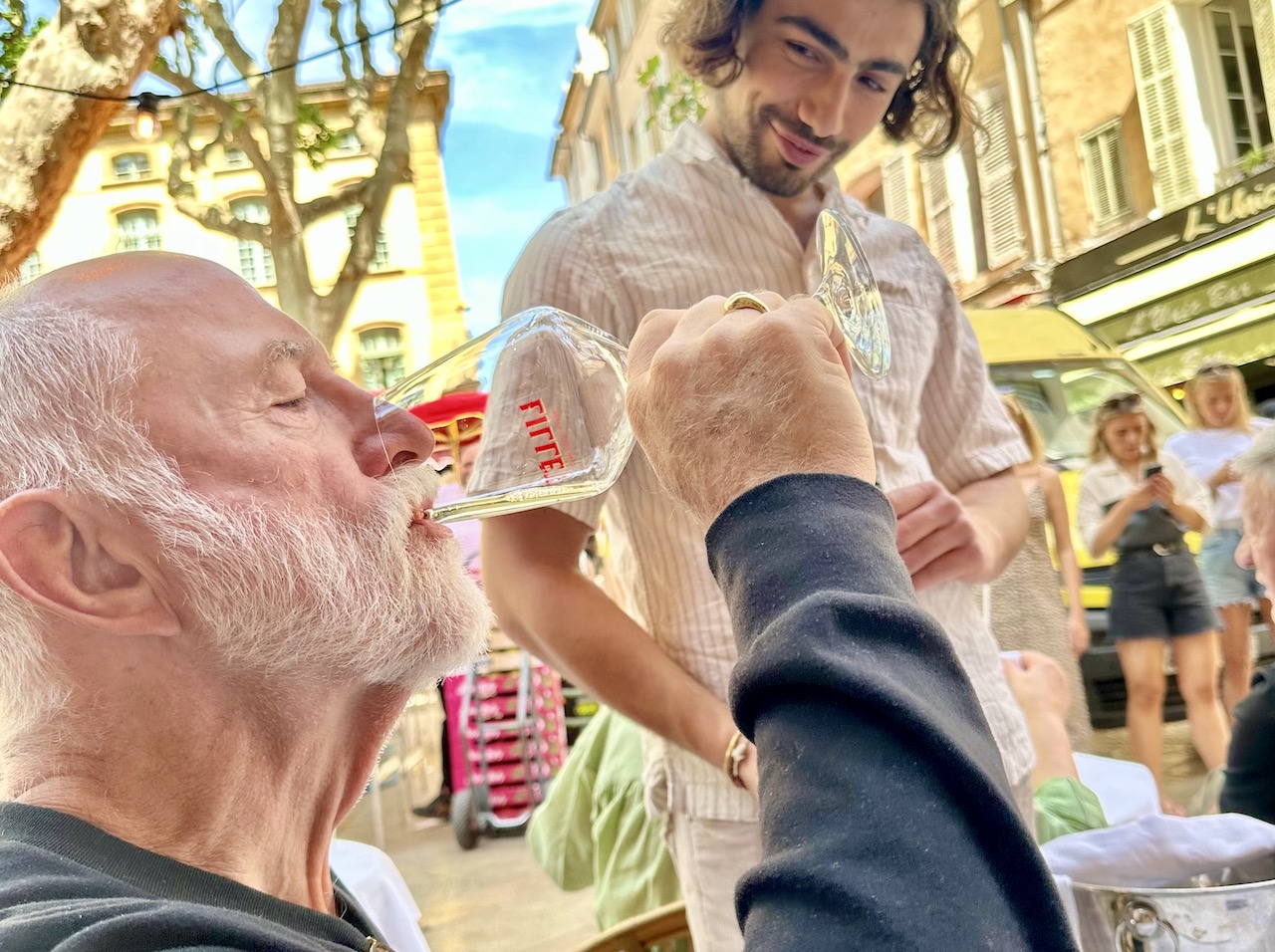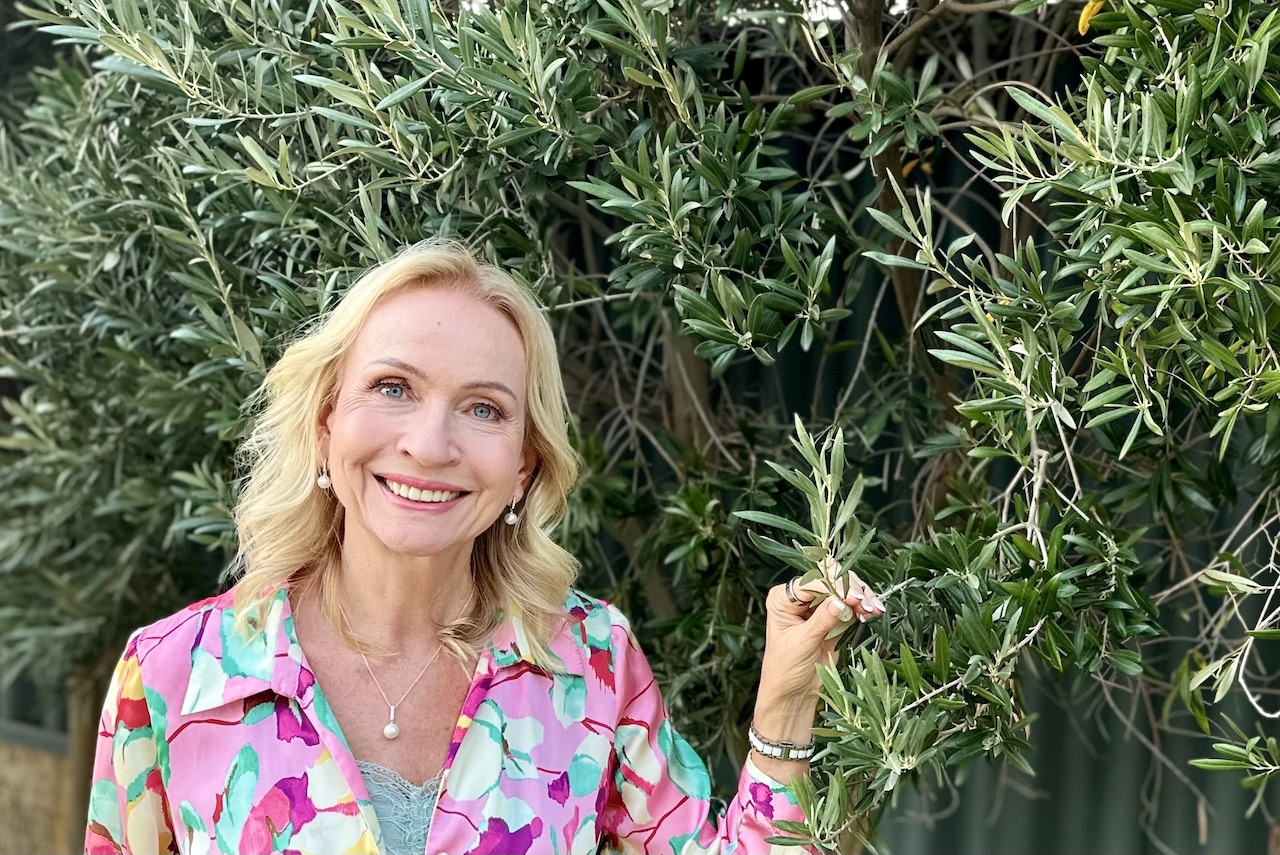How much alcohol is too much? Should we drink? I’m weighing in on the ongoing debate – both scientific and scaremongering – around alcohol and our health.
Putting aside temporary blips like temperance movements, Puritans and Prohibition in the US (1920-33), the message has generally been that moderate intake of alcohol is not a bad thing. In fact, it was thought that, if you enjoyed it, the relaxing effect of a pre-dinner drink could be positively beneficial. And that’s the message I received growing up.

Prologue: Me, growing up with alcohol
When my mother, Sheila, came home after a full day’s work, she’d don her apron and start cooking dinner from scratch. She was an excellent cook. There were never takeaways, nor TV dinners. (South Africa didn’t introduce TV until I was 15, for one thing.) Being eternally hungry, I was always in the kitchen to help with dinner, which was how I learnt to cook.
Once dinner was underway on the old spiral-plate Defy, Dad would pour Mother a bitterly cold Castle lager. That became my job when I was old enough to get it exactly right – and I’d be allowed to wet my lips on the froth. So started my taste for beer, followed by my developing a taste for just about any alcohol you can think of. (Not brandy. Brandy definitely gives me heartburn, and possibly makes me aggressive.)

Above: My parents loved pubs in general, but had a special passion for English pubs.
Though he liked the odd beer, Dad himself was fonder of wine and would have at least a glass or two of wine most nights: the drier and more astringent, the better. Neither of my parents was ever visibly tipsy, to my memory, except maybe at the occasional party – but by that time, children would be sound asleep in bed.
So, to me it still feels perfectly normal to drink in this way. I’ll sometimes skip a night or two (rarely more), particularly if I’m on the occasional water-fast or just eating lightly.
Below: Me, my sister Dale and our BFF Julie (known in our partying days as The Three Must-get-beers), warming up with a beer tasting paddle at Rawdon’s Boar’s Head Pub in the KwaZulu-Natal Midlands, possibly in 2018.


As for Roy
As for Roy, he’s seemingly un-bovvered by the presence or absence of alcohol. He can happily go for multiple days, even weeks, without a drink. That’s probably a reflection of his own childhood, when his parents, despite a plentifully stocked cocktail cabinet, would only have a drink on social occasions.
Those first six months or so of my Low Carb, No Crap® diet, on which he lost 35kg in 18 months starting in March 2020 (see here), allowed no alcohol at all. I ruled it out for good reason: alcohol is a major stumbling block for anyone trying to shed unwanted fat.

That’s because alcohol is a toxin that the body immediately turns its attention to metabolising and eliminating: meanwhile, other bodily functions like fat-burning and autophagy are suspended. What’s more, a drink or two can affect judgement and make one more likely to raid the cookie-jar.
We’ve all heard stories of liquor-loving centenarians who died of old age with pristine livers. Roy’s magnificent Granny Cath had a whisky most nights until she passed away with all her faculties intact, just a few months short of her 100th birthday. That said, she also ate steamed fish and veggies several times a week, and avoided the standard refined white loaf of her day in favour of wheatgerm-enriched brown Hovis* bread.
(*It’s an interesting story: Smith’s Patent Germ Flour was patented in 1887; Hovis was registered as a trademark in 1890, from the Latin phrase “hominis vis’”, meaning strength of man.) The slogan in 1924: “Don’t just say brown, say Hovis”. But I digress.)

Not for everyone
I do know people – very few, admittedly – who simply don’t like alcohol at all. One of them is my teetotaller friend Susan. We’ve been friends since high school: Durban Girls’ High, to be specific. She has never liked alcohol. Throughout our uni days, the rest of us (you know who you are) drank like fish while she drank… water.
(Come to think of it, she was the one drinking like a real fish. We drank like students.)
Being sober didn’t stop her partying till dawn then, and it doesn’t stop her now, either. I don’t know how she can stand being around people getting progressively sillier while she retains all her considerable faculties.

The morning after
Should we drink? For some, the answer is an emphatic no. Having seen alcoholism in members of my extended family, and also lived for too many years with an alcoholic partner, I’ve experienced it at first hand. So I would never gloss over its dangers or minimise the misery it causes.
Addictive behaviours aside, there’s no doubt that most of my generation drank far more than was good for us. Some still do, though perhaps less frequently; older livers can no longer take the abuse. Speaking for myself, I seem to remember the hangovers getting progressively worse from the age of 40, and eventually becoming so bad that the night before simply wasn’t worth having to face the morning (or even multiple mornings) after.
How Much Alcohol? The Grape Debate – Part One
Should we Drink? Naysayer #1
Like millions of others, I’m a fan of American neuroscientist Andrew Huberman PhD (hubermanlab.com). An associate professor at Stanford University School of Medicine, he’s one of the top health podcasters. I was particularly impressed by his wide-ranging podcast on using light to optimise health. It’s so good, it’s virtually a masterclass on the subject… and that’s why I can’t just dismiss his opinions on drinking, little though I like them.
They’re spelt out in Episode #86, a podcast titled: What Alcohol Does to Your Body, Brain and Health. The sad gist of it is that “even low-to-moderate alcohol consumption negatively impacts the brain and body in direct ways”.

He explains how we metabolise alcohol and how it effectively acts as a poison, leading to cellular stress and damage. He then describes its impact on neuronal function, how it changes our thinking and behaviour, and how alcohol consumption of different amounts impacts inflammation, stress, neuro-degeneration and cancer risk, and negatively impacts the gut microbiome, brain thickness, hormone balance, mood and feelings of motivation.
Brain thickness? That sounds serious.
“Even for people that were drinking low to moderate amounts of alcohol, one or two drinks per day, there was evidence of thinning of the neocortex – so, loss of neurons in the neocortex – and other brain regions.”
Should we Drink?: Yay-sayer #1
I’m sure Andrew is completely sincere in this interpretation of the data. So too, no doubt, was the author of The Science of Drinking: How Alcohol Affects Your Body and Mind (2012), Amitava Dasgupta. Here’s a synopsis:
“Scientific research has clearly established that drinking in moderation has many health benefits, including maintaining a healthy heart. Yet, many people do not know that drinking red wine protects the heart more than white wine, while beer, margaritas, and hard liquor are less effective in providing such protection. And while alcoholism is a serious problem requiring medical and psychological treatment, for those who are not addicted, drinking alcohol is not necessarily a bad habit. The problem is to distinguish between drinking sensibly and drinking insensibly.”

That’s enough words for one post. But watch out for my next post, Part Two of The Grape Debate, where wine-loving Hippocrates and other sages go to battle with the horrible WHO and whip its lyin’ ass. I promise a lot more pics of friends and family having a drink. (Admittedly, they weren’t hard to find.)







[…] Meeting up with old friends Sue, Lynn and Malinda in Singapore Roy, Lynn and Kim in Yallingup WA New Year’s Eve celebration, Iluka WA Old friends Leigh and Jeff in Umhlanga, SA Dee and Mathilda in Perth, WA Verne and Nannette in Swan Valley, WA Wendy and her dad, Aix-en-Provence Salinah and Paul, The Colony, Singapore […]